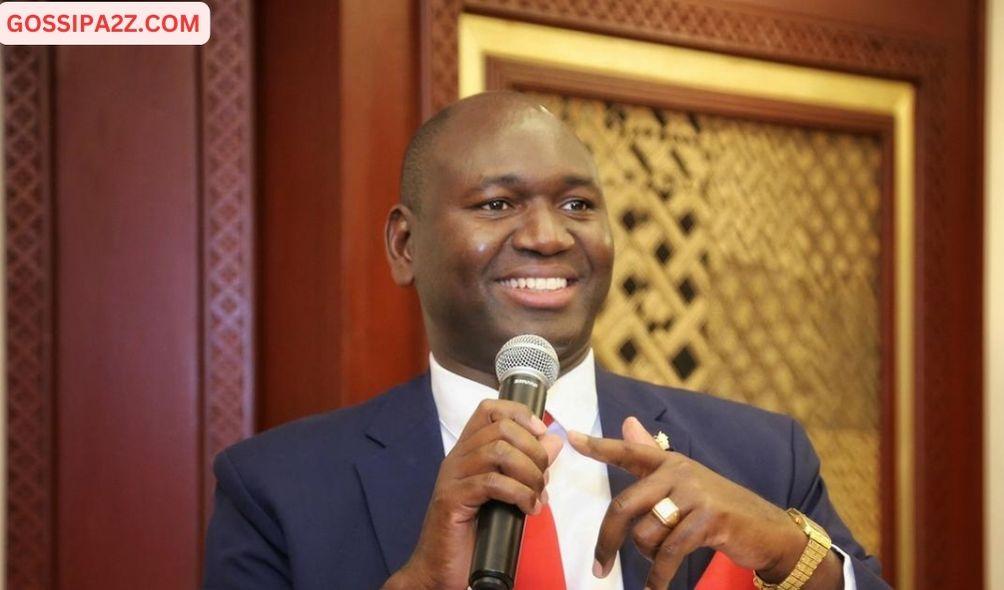First-Time ID Applicants, Replacements To Be Issued With Maisha Cards As Gov’t Begins Piloting Of Digital ID
Prof. Julius Bitok, Principal Secretary (PS) of Immigration and Citizen Services, has announced that, beginning November 1 (today), first-time ID applicants will be issued Maisha Cards as part of a pilot program to carry out digital registration of persons across the country.
Prof. Bitok stated Thursday in Nairobi, after instructing members of the Civil Society on digital IDs, that applicants over the age of 18 seeking to replace defaced or lost IDs will be issued the new cards.
“All Kenyans turning 18 years in whichever part of Kenya will be issued with a Maisha Card on a pilot basis. This way, we will establish whether there are any errors or issues before we do the penultimate launch,” he said.
While noting that the government expects to obtain useful feedback on what it will take to successfully roll out a mass replacement of the current IDs, Bitok highlighted that the government was keen to avoid running into pitfalls similar to those that befell the unsuccessful introduction of Huduma Namba.
Representatives of the Civil Society, led by Amnesty International (Kenya) Executive Director Irungu Houghton, vowed to support public participation and stakeholder forums on digital IDs.
Representatives presented a memorandum of concerns regarding digital ID to the PS and urged the government to resolve concerns regarding data security and protection, genuine public participation, and the inclusion of marginalized communities.
ALSO READ:
- KCPE And KPSEA Results To Be Released Before Christmas, Says Education PS Belio Kipsang
- Wavinya Ndeti Takes a Stand Against Government’s Athi River Land Sale Directive
- Why King Charles Needs Consent Before Apologising for Colonial Rule
“Whereas we are happy with the open-door policy that the government has adopted in engaging stakeholders on digital ID, there are areas around data privacy, inclusion of all voices, and unfair vetting that needs to be addressed,” Houghton said.
To increase security and reduce the risk of fabrication, Maisha cards will contain a microprocessor chip with encrypted data. It will also facilitate the creation of a digital ID referred to as Maisha Digital ID for users with smartphones.
Maisha Cards will also include a unique personal identifier (UPI) number called Maisha Namba, which will serve as the primary and permanent registration and identification reference for its holders.
“All new-borns will also be issued with Maisha Namba to use in their birth certificates and subsequent registration for government services including school enrolment and health services,” said Bitok.
“The same number will translate to their Maisha card number upon attainment of 18 years. Under the proposed plan, the government will gradually phase out the 2nd generation IDs in favor of the Maisha Card with the current ID number translating to Maisha Namba. There will however be no mass registration for biometrics or a dedicated budget,” the PS added.
He noted that the Maisha Namba, Maisha Card, and Maisha Digital ID will be consolidated into the Maisha Integrated Database, a population register. This will negate the need for identity card screenings.
The PS stated, “This will revolutionize inclusiveness for marginalized communities by eliminating the need for vetting.”
First-Time ID Applicants, Replacements To Be Issued With Maisha Cards As Gov’t Begins Piloting Of Digital ID
